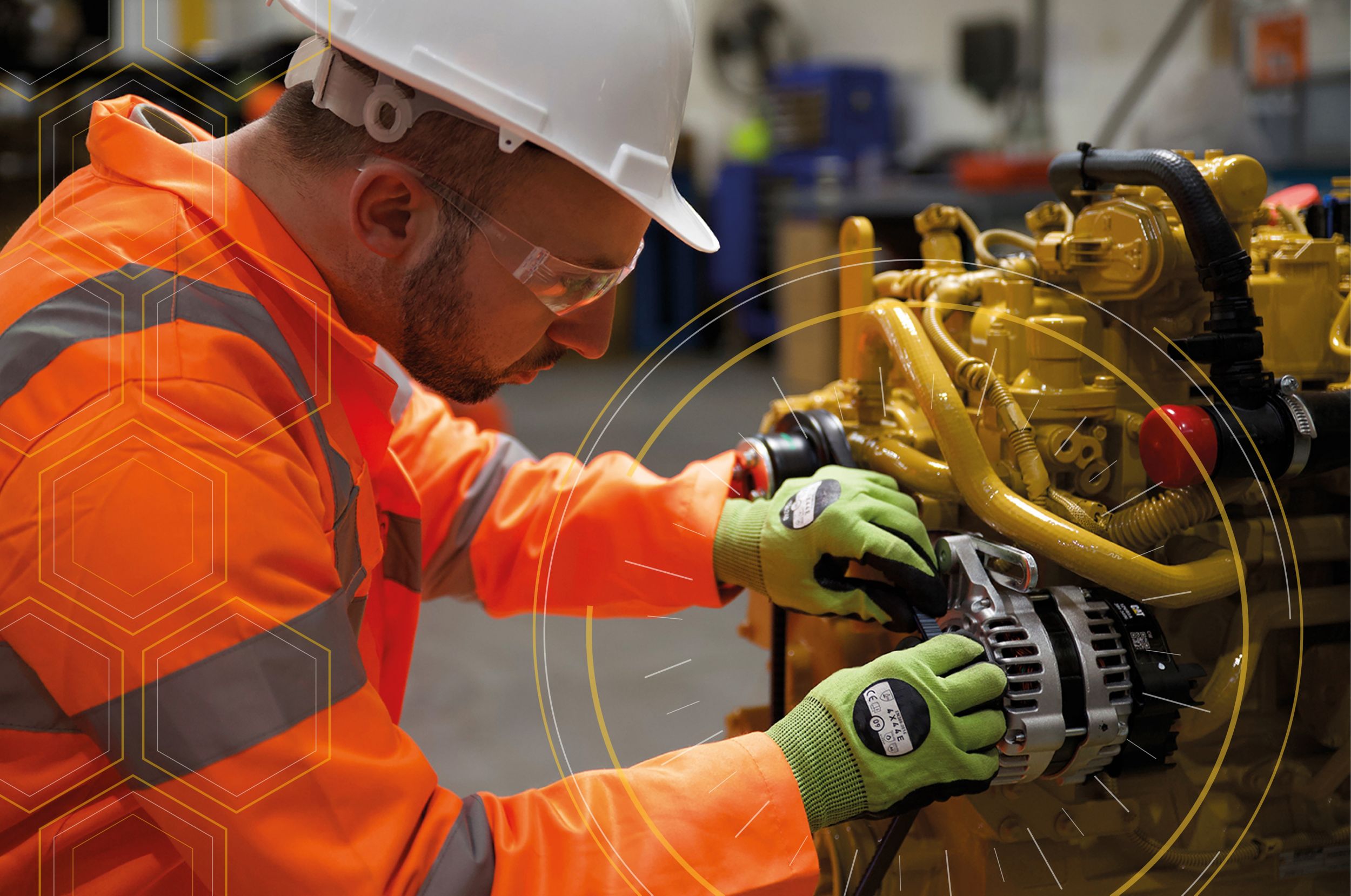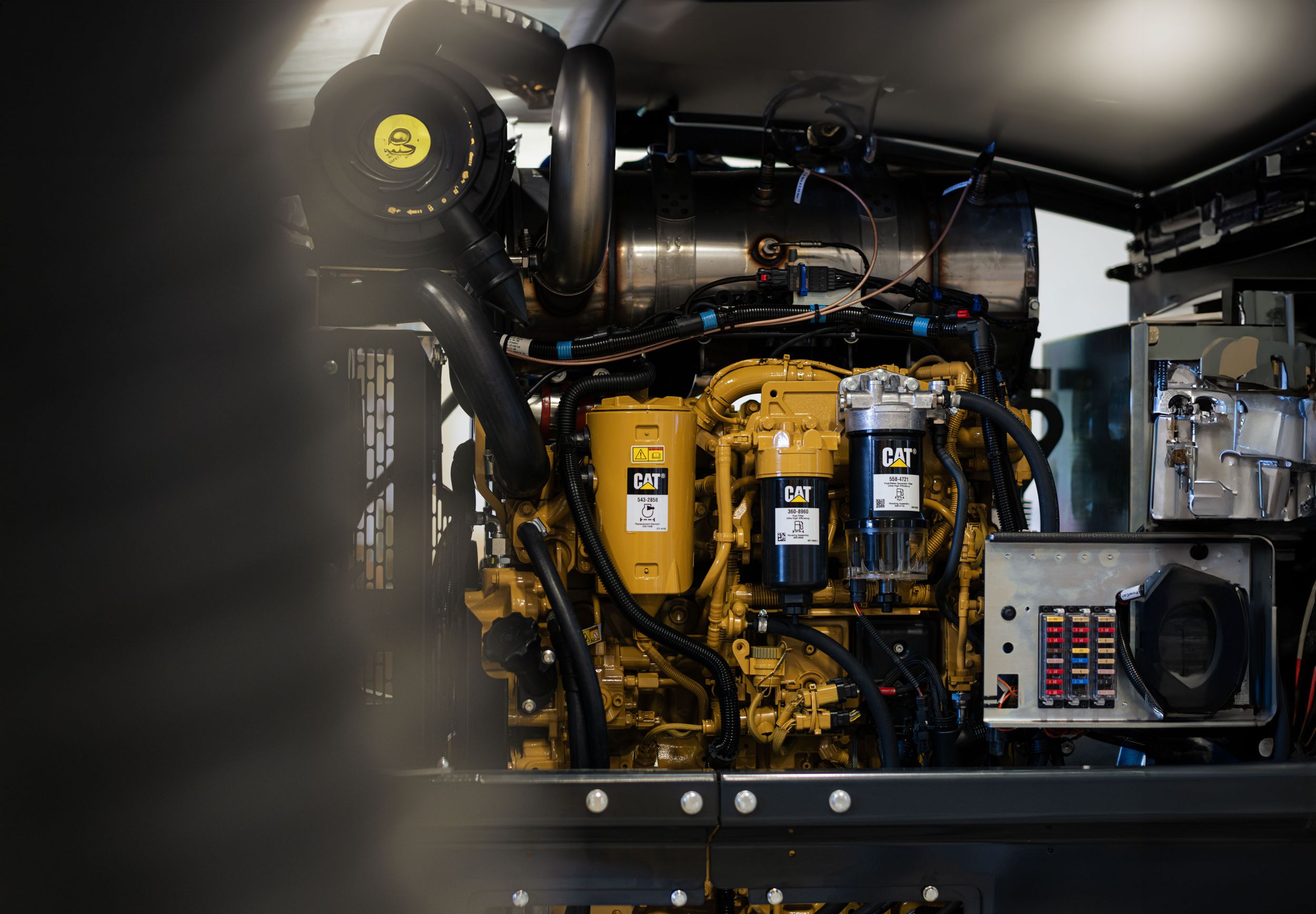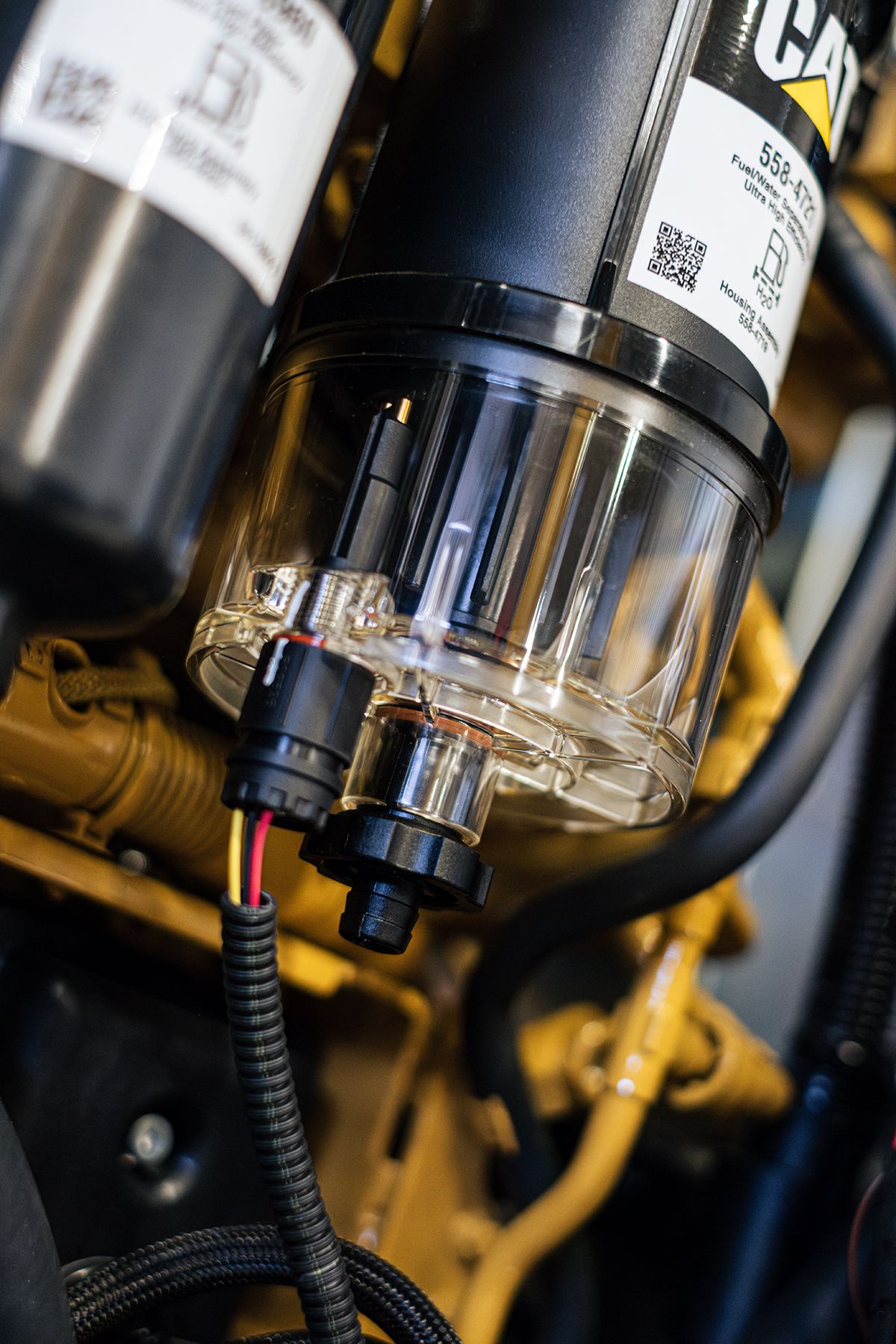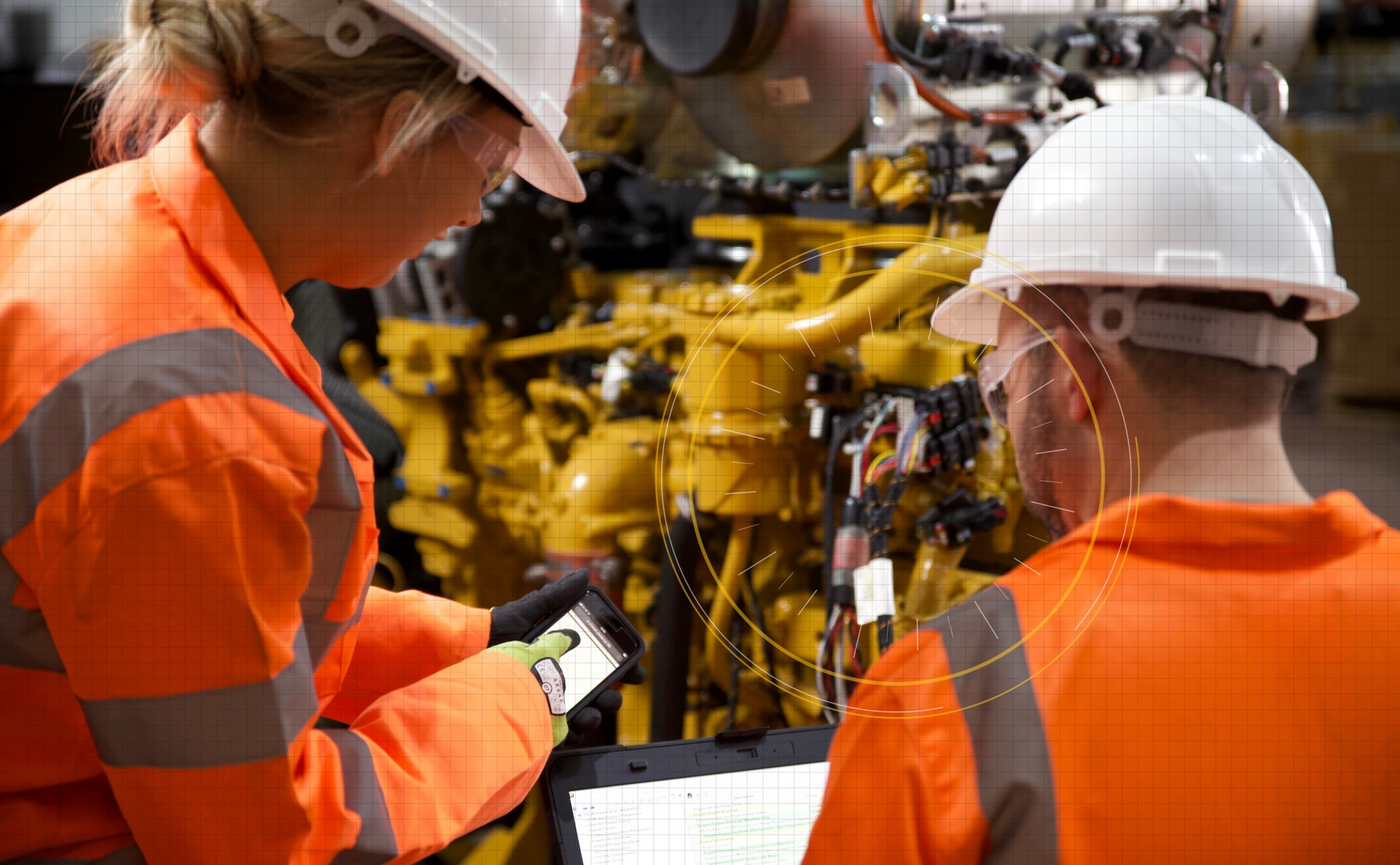

Sign In
Welcome! Sign In to personalize your Cat.com experience
If you already have an existing account with another Cat App, you can use the same account to sign in here
Register Now
One Account. All of Cat.
Your Caterpillar account is the single account you use to log in to select services and applications we offer. Shop for parts and machines online, manage your fleet, go mobile, and more.
Account Information
Site Settings
Security
How to choose the right engine for your equipment
As an OEM, choosing the right engine for your equipment is an important decision.
Your engine is the source of power for your machine; it’s what’s going to keep your equipment operating during its longest days, in the toughest conditions. To deliver the best possible results for your customers, you need the most suitable engine.
What might surprise you is that the most suitable doesn’t necessarily mean the most powerful. In fact, picking an engine that’s got too much power for its application means that your equipment isn’t going to run very efficiently.
On the other hand, choosing an engine that’s too small will mean that you’re always going to be running on the ragged edge and it won’t be as durable as you need it to be.
Picking the right sized engine, with the right features and customisations, can have a huge impact on the performance of your equipment. It means it will operate in optimal conditions with the durability and lifespan to give your customer the best overall fuel consumption and low cost of ownership. This, in turn, gives you (and your customers) the competitive advantage.
But how can you be sure you’re picking the most suitable engine?
Be clear about your requirements
Before speaking to an industrial engine supplier, you need to consider your requirements. When creating your list, think about the following areas:
1. Power
Consider the tasks your equipment will perform (for example, crushing, lifting, digging and more); this will allow you to match the engine power to these requirements.
2. Fuel efficiency
Assess the fuel efficiency of different engine options. A fuel-efficient engine can be a huge selling point to your customers as it can help them lower their day-to-day costs and reduce their impact on the environment.
3. Application
Whether you’re looking for an engine for agriculture, materials handling or industrial use, consider the application of your equipment. Is it going to need to withstand tough environments, working in hot or freezing conditions, or at altitude? There may be a particular engine that’s better suited for your specific environment.
If you are not sure how to evaluate these please reach out to your local Cat® dealer who will be happy to help.

Consider how technology can help you (and your customers)
Engines that use the latest technology can be a big selling point for your equipment, as they make life much easier for your customers. Many engines include diagnostics and telematics for monitoring performance and maintenance needs.
For example, the connectivity technology available with Cat engines can help to provide real-time comprehensive equipment data in an easy-to-understand format through to your customers’ smart devices. This helps them to keep an eye on the health of their equipment and it means they can make decisions proactively, rather than reactively.
Look at supplier reputation and support
It’s important to consider the reputation of your engine supplier. Do they act as a true partner, rather than just a supplier of components? Do you have confidence that their engines are reliable? Do they supply engines to OEMs in a similar sector to you?
We’d recommend asking about their credentials and for any customer case studies. This will give you confidence and peace of mind that their engines are able to meet your requirements.
The ongoing level of support you receive from your engine supplier might also influence your choice of engine. Consider asking when, where and how support is available.
You should also ask them about the processes and tests they perform to ensure that your new engine will perform as required. For example, do they have a robust application and installation process to give you and your customers peace of mind that the engine will perform as promised?
Lean on engine experts
If you’re finding it difficult to choose the most suitable engine for your equipment, it’s important to lean on your potential engine supplier for support.
They should be well-equipped to specify the correct engine for you, based on power density, fuel compatibility and telematics. The right supplier should also be well positioned to offer advice on alternative fuels and hybrids, helping you to decide what’s best for your equipment.
For example, our team does a huge amount of development and testing to understand how engines work in specific applications. By pulling data from the telematics, they use this to understand how your customers actually use their machines, rather than guessing. This allows our team to better assist you by identifying engines used by customers in similar sectors.

What questions should you ask your engine supplier
When speaking to your choice of engine supplier, you need to make sure that you ask the right questions. Here are some that we would always recommend asking so that you can make an informed decision:
- What engine displacement do I need?
- What power ratings are available?
- Are the power ratings available at the duty cycles I require?
- What other components are needed to install the engine?
- What tests are performed to ensure the suitability of the engine?
- What options are available to suit my machine installation and serviceability requirements?
- What’s parts availability like in my region?
- What are the service intervals on consumable parts, such as filters?
- How fuel efficient are your engines compared to my existing engine?
- What level of support will you provide?
- What’s the lifespan of the engine?
- Is the engine fully compliant with the emissions standards of all the regions we supply equipment into?
Depending on your application, there may be additional questions to add to this list but these are a great starting point.
Find out more about Cat® industrial engines
Still not sure where to start? Don’t worry; our dealer network is always available to help you choose the right engine for your equipment. Get in touch with your dealer today.



